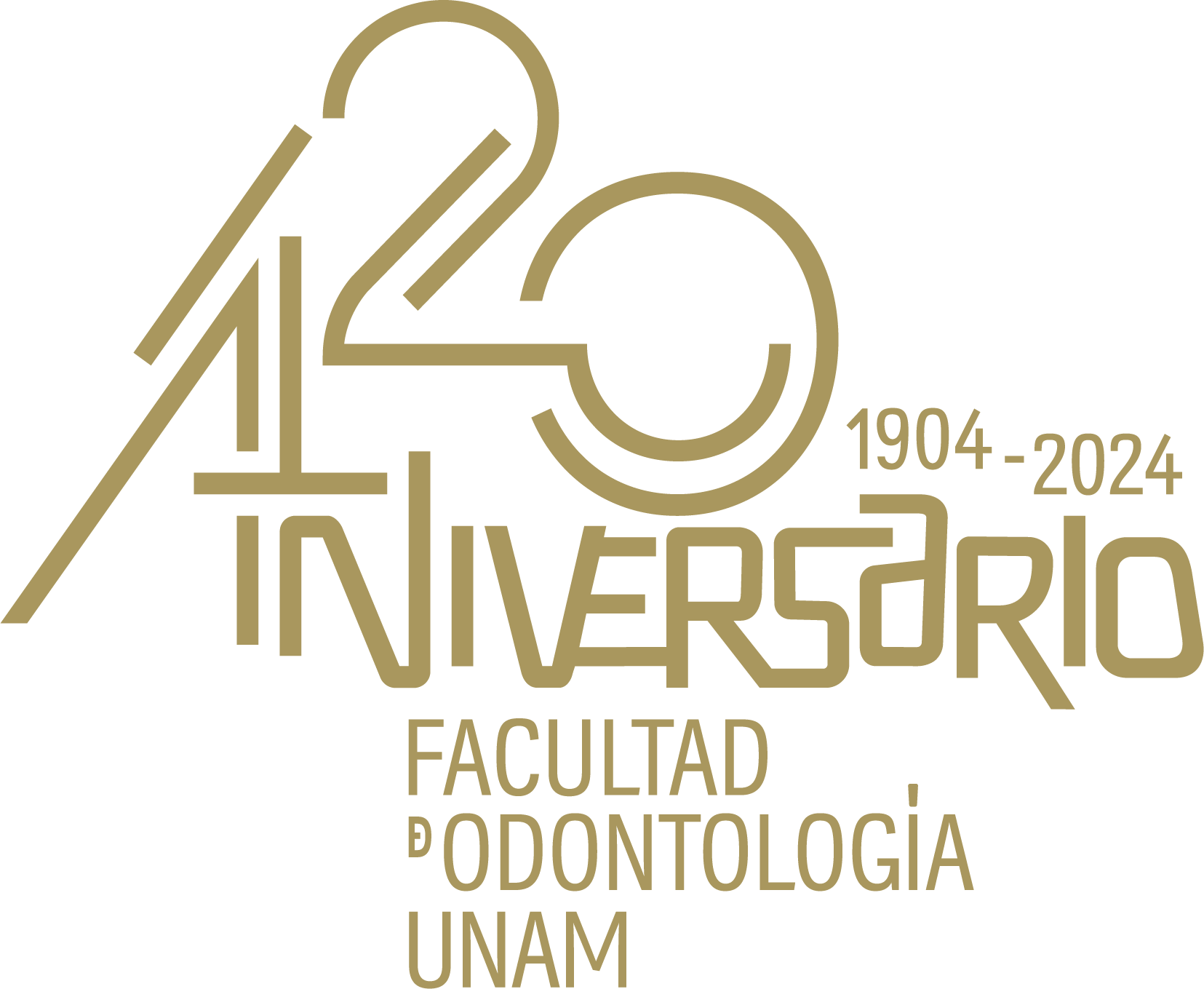Registro completo de metadatos
| Campo DC | Valor | Lengua/Idioma |
|---|---|---|
| dc.rights.license | https://creativecommons.org/licenses/by-nc-nd/4.0/legalcode.es | - |
| dc.creator | Miranda Salguero, Ángel Eduardo | - |
| dc.creator | Vera Serna, María Eugenia | - |
| dc.date.accessioned | 2025-01-29T00:11:26Z | - |
| dc.date.available | 2025-01-29T00:11:26Z | - |
| dc.date.issued | 2017 | - |
| dc.identifier.issn | 2395-9215 | - |
| dc.identifier.uri | https://ru.odonto.unam.mx/handle/123456789/31989 | - |
| dc.description.abstract | The present study was conducted in order to propose two angles for the assessment of the anteroposterior position of the upper and lower lips, taking as a reference stable bone structures thus avoiding soft tissue reference points that vary according to age such as the nose and chin. Material and methods: 114 lateral headfi lms from skeletal class I, II and III patients were traced. The proposed angles were measured. For the upper lip (LSMx), the palatal plane and the anterior nasal spine-upper stomion plane formed the angle. For the lower lip (LIMd) the angle was formed by the mandibular plane and the pogonion-lower stomion plane. Both angles were compared with the nasolabial (NSL) and the mentolabial angles (MTL) respectively. Results: A statistical t-Student test was conducted. The proposed angles for the upper and lower lip had lower standard deviations from the mean in comparison to similar angles in all three classes, especially skeletal class I: LSMx: 105.5o ± 5.5, LIMd: 88o ± 5.5, NSL: 104.1o ± 11.3 and MTL: 136.9o ± 12.4. The angle proposed for the lower lip showed a smaller standard deviation and a statistically significant difference compared to the mentolabial angle in the ANOVA test (p ˂ 0.05). Conclusions: The proposed angles for assessing lip position indicate that they have smaller deviations from the mean, in addition if there is an increase they show lip protrusion and a decrease indicates lip retrusion. | - |
| dc.language | eng | - |
| dc.publisher | Universidad Nacional Autónoma de México. Facultad de Odontología | - |
| dc.rights | La titularidad de los derechos patrimoniales de esta obra pertenece a las instituciones editoras. Su uso se rige por una licencia Creative Commons BY-NC-ND 4.0 Internacional, https://creativecommons.org/licenses/by-nc-nd/4.0/legalcode.es, fecha de asignación de la licencia 2017-10-31, para un uso diferente consultar al responsable jurídico del repositorio por medio del correo electrónico revistamexicanadeortodoncia@gmail.com | - |
| dc.subject | Lip position | - |
| dc.subject | nasolabial | - |
| dc.subject | mentolabial | - |
| dc.subject | cephalometry | - |
| dc.subject.classification | Ciencias Biológicas, Químicas y de la Salud | - |
| dc.title | Proposition of two cephalometric angles for assessing lip position | - |
| dc.type | Artículo Técnico-Profesional | - |
| dcterms.provenance | Universidad Nacional Autónoma de México. Facultad de Odontología | - |
| dc.description.repository | Repositorio Universitario de la Facultad de Odontología, https://ru.odonto.unam.mx/ Facultad Odontología | - |
| dc.rights.accessrights | Acceso abierto | - |
| dc.identifier.url | https://revistas.unam.mx/index.php/rmo/article/view/62368/54875 | - |
| dc.identifier.bibliographiccitation | Miranda Salguero, Ángel Eduardo, et al. (2017). Proposition of two cephalometric angles for assessing lip position. Revista Mexicana de Ortodoncia; Vol. 5 Núm. 3, 2017. | - |
| dc.identifier.doi | https://doi.org/10.1016/j.rmo.2017.12.013 | - |
| dc.relation.ispartofjournal | Revista Mexicana de Ortodoncia; Vol. 5 Núm. 3 (2017) | - |
| Aparece en las colecciones: | Revistas | |
Los ítems de DSpace están protegidos por copyright, con todos los derechos reservados, a menos que se indique lo contrario.

